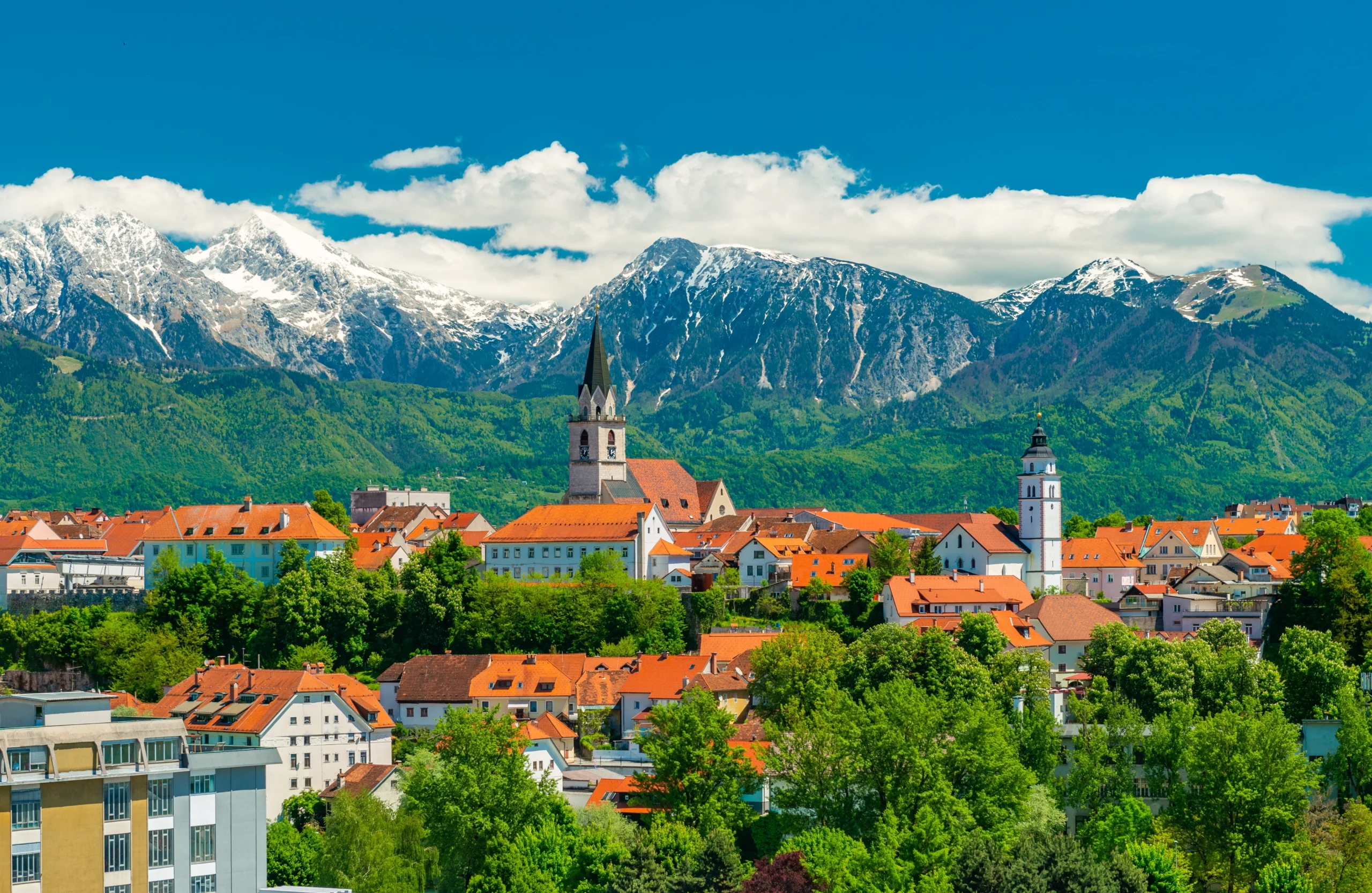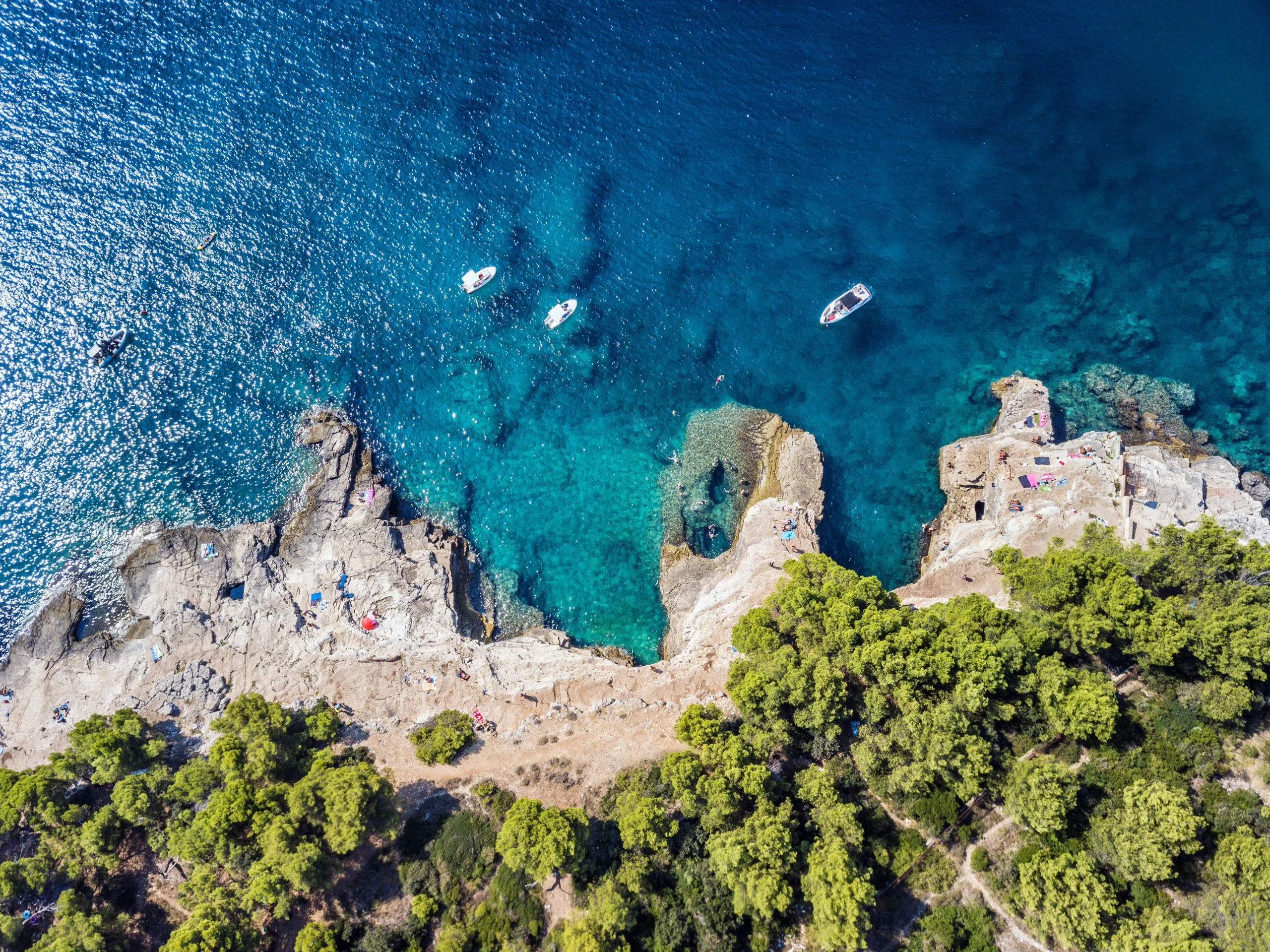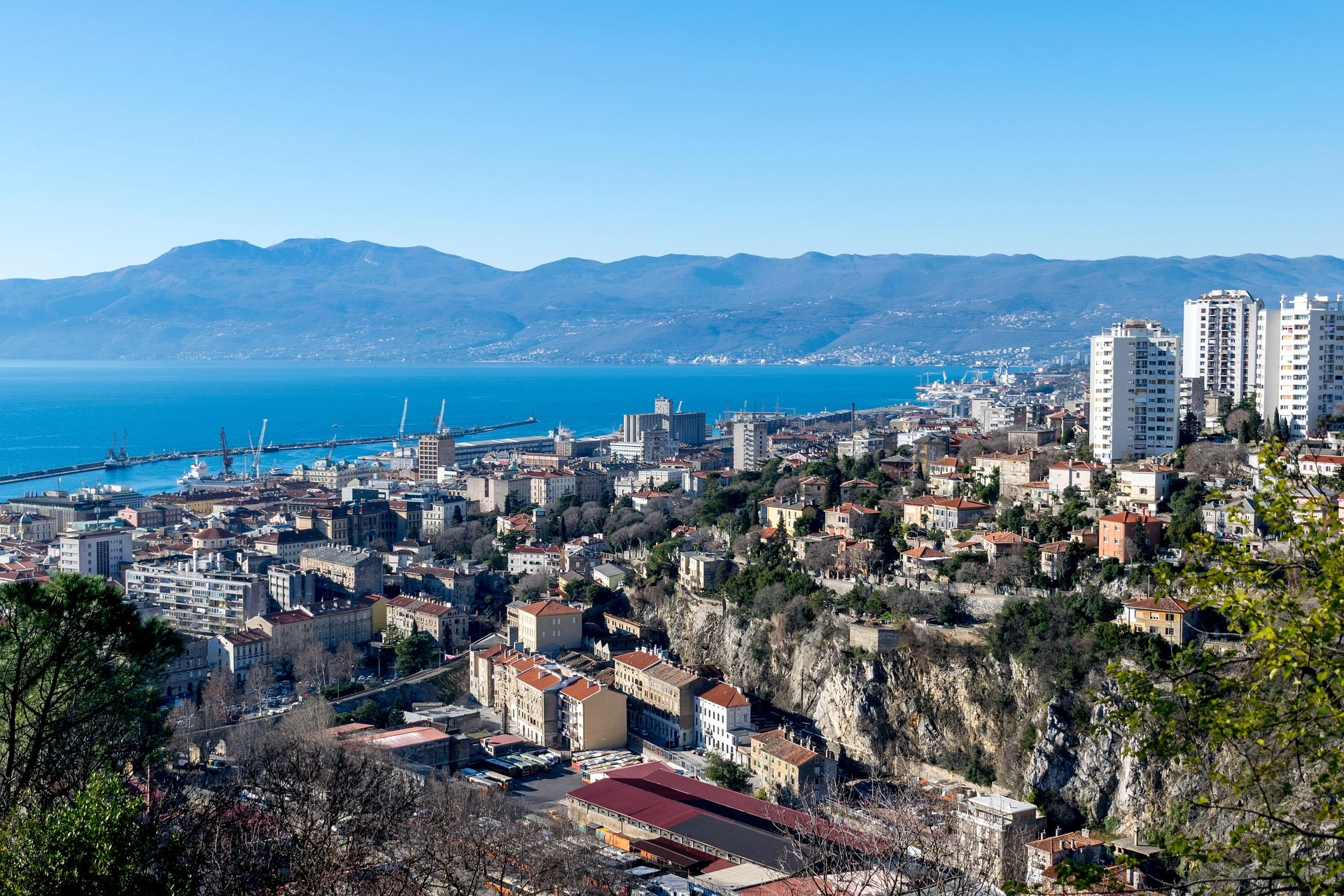Unlocking the ecological potential of road verges by Dominic Dyer

John E. Kaye
- Published
- Home, Sustainability, Travel and Lifestyle
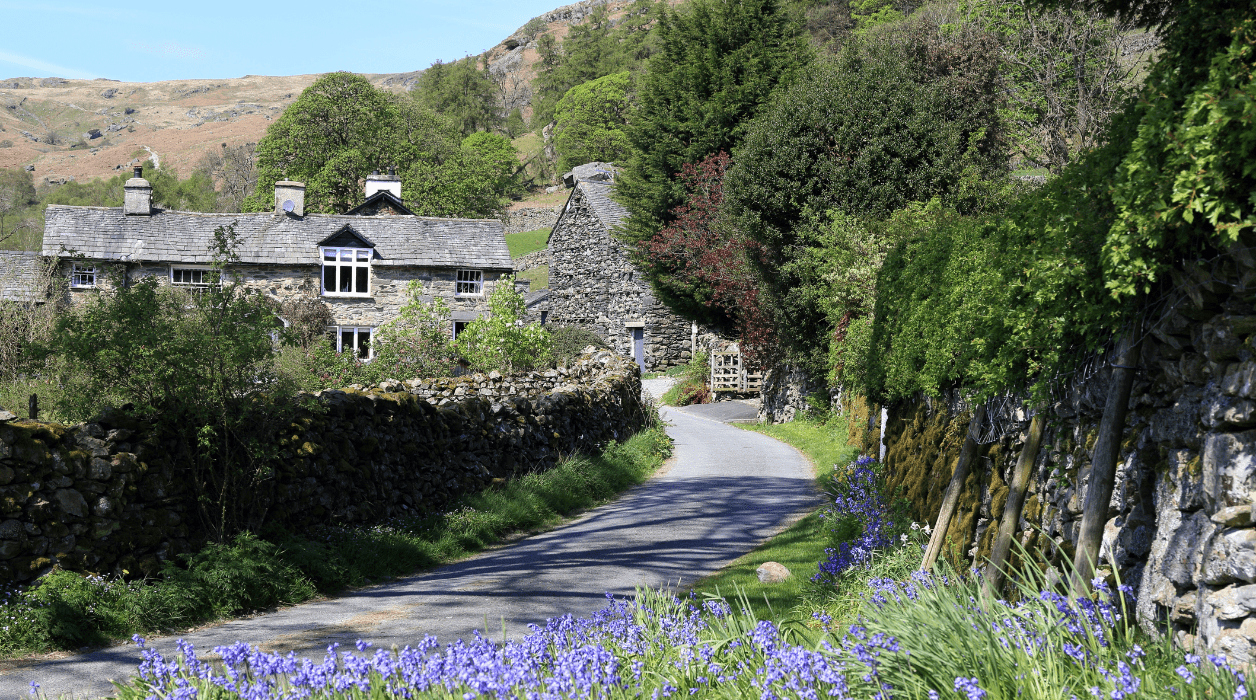
It’s time to unlock the ecological potential of the UK’s roadside verges
by Dominic Dyer, Chair of Nature 2030
As a child I remember my parents, while on a long drive and in a desperate attempt to entertain young children, inventing arguably the most boring car game of all time – affectionately titled “rate the roadside”. The rules were simple, look out the window at the various roadside verges, and rate each out of ten.
Back then I remember saving the highest scores for the neatest and most manicured roadside verges. Those that were closely mowed, with neat flower beds boxed off and concrete paths for walking. I remember being irritated when my father – a nature enthusiast – would invariably choose the wildest and most unruly long grass verges for victory.
Years later, as an adult and wildlife campaigner, I understand what I did not as a child. That those wild and un-mowed verges not only lead to the best roadsides, but ultimately provide some of the best grassland and biodiversity in this country.
This is no small achievement given the alarming levels of biodiversity decline in the UK. Research carried out in 2021 found nearly half of Britain’s biodiversity has gone since industrial revolution and that the UK has lost more biodiversity than any G7 country. In fact, for biodiversity loss, the UK is in the worst global 10 percent. A huge reason for this is the loss of green spaces. Since the 1930s, our traditional wildflower meadows have declined by 97 per cent, meaning many grassland species are nearly extinct.
Roadside verges offer a glimmer of hope in the battle to protect biodiversity. Put together, verges cover 500,000km of rural road verge. When responsibly maintained, these strips of habitat can harbor rapidly depleting grasses and native plants, house vast numbers of insects, bugs and butterflies, and create vital wildlife corridors for wild animals.
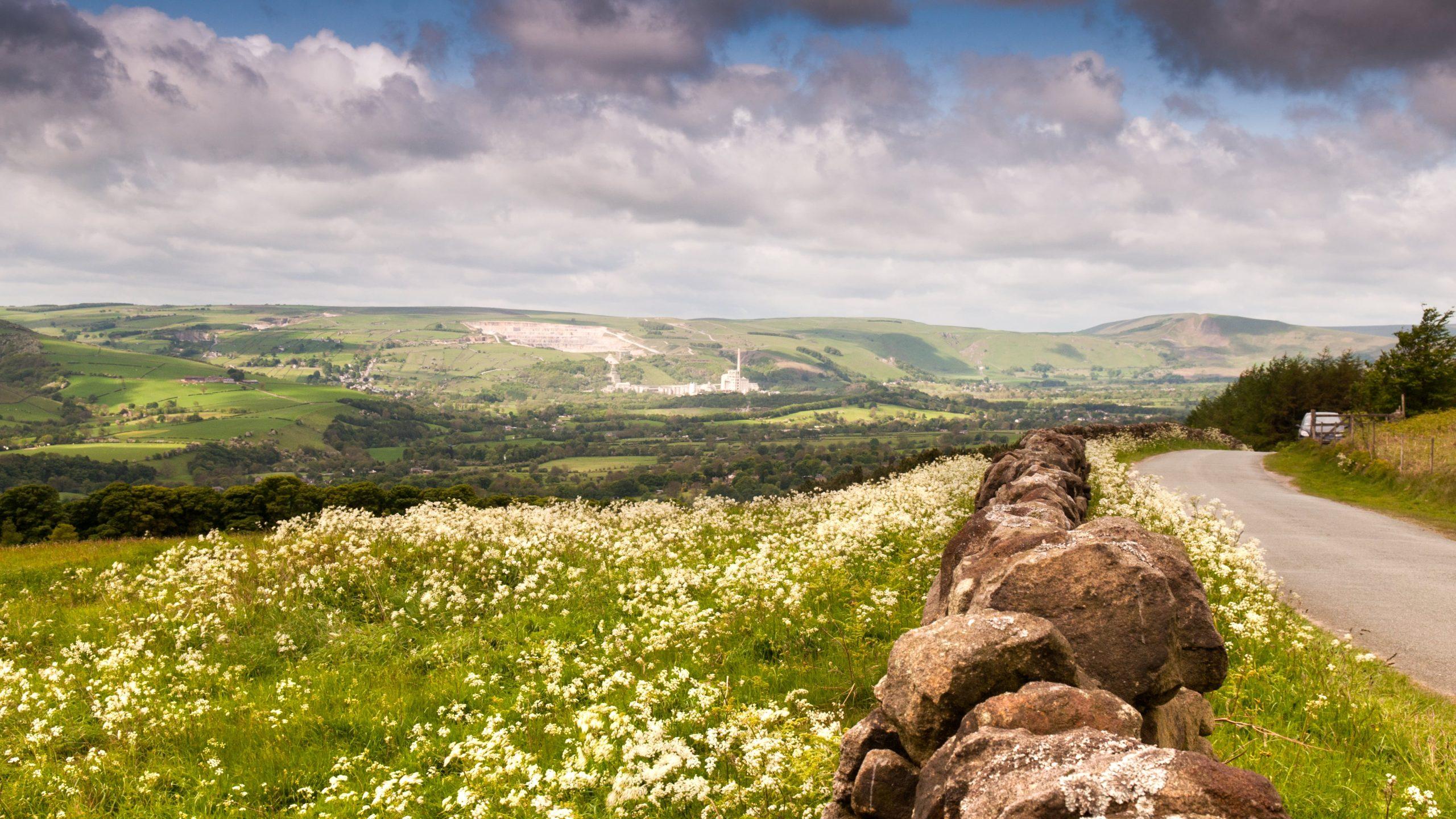
In fact, road verges are home to almost half of the UK’s wildflower species, including 29 of Britain’s 52 wild orchid species. As verges are rarely walked on by people, they often attract wild animals. Animals use the verges as corridors to get to different places, meaning they have improved access to food and mating partners. Verges also serve to trap air pollution, improving air quality around roads and protecting local residents.
Healthy roadside verges can be achieved at minimal cost and effort. According to Wildlife Trusts, simple steps like allowing verges to remain uncut until late summer (when seeds have set and insects have benefitted from the pollen) can reap massive environmental benefits – as can topping rather than mowing, which offers continued cover for small mammals.
The benefits do not stop at environmental conservation either. If implemented properly, wild verges can save local councils both time and money. Conservation charity Plantlife recently set out a way wild road verges can create income by generating green energy through grass cuttings.
If collected and anaerobically digested, grass cuttings could provide energy for homes across the country. In fact, based on evidence from a trial in Lincolnshire, 169 homes could be powered by a single cutting yield of 12.5 tonnes per hectare within a 20km radius of an anaerobic digestion plant.
Yet currently traditional maintenance practices are currently undermining this potential. Too often, in a misguided bid to cut costs and prioritise road safety, local councils rely on over-mowing and under-collecting grass cuttings. This creates a cycle of low fertility, coarse grasses, and declining biodiversity. Devastating disruption to the soil condition, coarser grasses thrive, outcompete and choke native wildflower species.
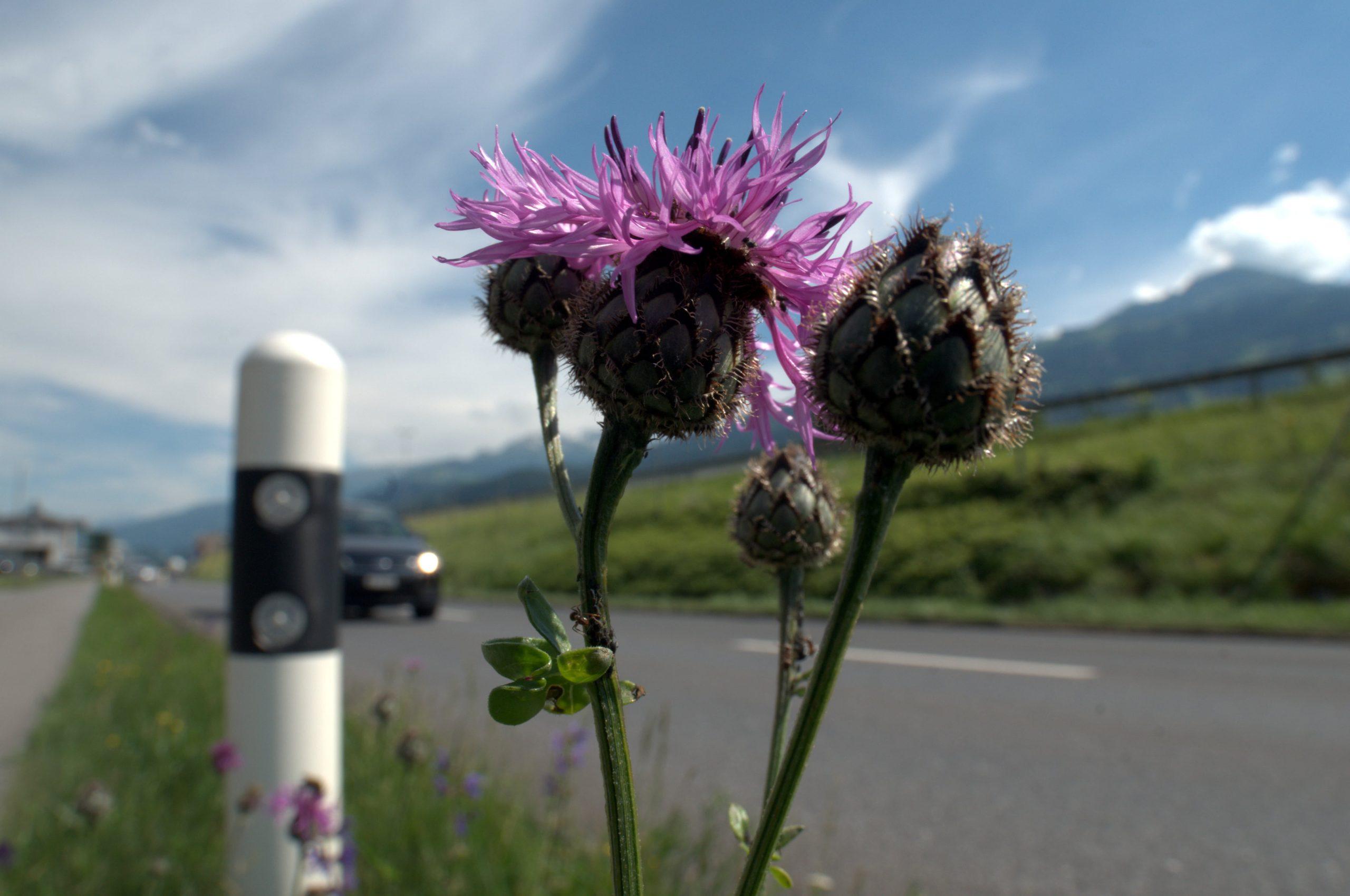
Worse than this, last year, 39 councils confirmed their plans to pave over verges to replace the green space with parking lots, in an equally erroneous attempt to tackle traffic congestion.
To truly unleash the power of roadside verges, there needs to be a centralised government framework offering the funding and advice to local councils needed to rewilding roadside verges. With many councils having declared climate emergencies, these simple guidelines could facilitate roadside verges to act as substantial carbon sinks, helping local authorities to reduce their emissions.
When I was boy staring out the car window, I viewed wild and overgrown verges as an indication of negligence, and carefully mowed ones as a sign of care. It is more important than ever to show the world that the very opposite is true.
ABOUT THE AUTHOR

Dominic Dyer is Chair of 2023, a Trustee of Countryside and Wildlife Link, and a leading wildlife protection and conservation campaigner, writer and broadcaster.
RECENT ARTICLES
-
 Air India and Lufthansa expand codeshare to nearly 100 routes across Europe and India
Air India and Lufthansa expand codeshare to nearly 100 routes across Europe and India -
 These European hotels have just been named Five-Star in Forbes Travel Guide’s 2026 awards
These European hotels have just been named Five-Star in Forbes Travel Guide’s 2026 awards -
 Wingsuit skydivers blast through world’s tallest hotel at 124mph in Dubai stunt
Wingsuit skydivers blast through world’s tallest hotel at 124mph in Dubai stunt -
 Royal Ascot leads the field in sport and style
Royal Ascot leads the field in sport and style -
 Slovenia launches digital nomad visa for non-EU remote workers
Slovenia launches digital nomad visa for non-EU remote workers -
 Charting confidence at sea with the St. Kitts & Nevis Ship Registry
Charting confidence at sea with the St. Kitts & Nevis Ship Registry -
 Luxury travel market set to more than double by 2035 as older, wealthier travellers drive demand
Luxury travel market set to more than double by 2035 as older, wealthier travellers drive demand -
 Countdown to Davos 2026 as Switzerland gears up for the most heated talks in years
Countdown to Davos 2026 as Switzerland gears up for the most heated talks in years -
 Prague positions itself as Central Europe’s rising MICE powerhouse
Prague positions itself as Central Europe’s rising MICE powerhouse -
 Bleisure boom turning Gen Z work travel into ‘life upgrade’
Bleisure boom turning Gen Z work travel into ‘life upgrade’ -
 Europe’s property market shows fragile recovery as EXPO REAL survey highlights housing demand and policy strain
Europe’s property market shows fragile recovery as EXPO REAL survey highlights housing demand and policy strain -
 Inside London’s £1bn super-hotel with £20k penthouses, private butlers and a gilded eagle
Inside London’s £1bn super-hotel with £20k penthouses, private butlers and a gilded eagle -
 The five superyacht shows that matter most
The five superyacht shows that matter most -
 A world in gold: Andersen Genève launches the Communication 45
A world in gold: Andersen Genève launches the Communication 45 -
 Uber plots Channel Tunnel disruption with app-bookable high-speed trains
Uber plots Channel Tunnel disruption with app-bookable high-speed trains -
 Game, set...wax. Billie Jean King statue unveiled in New York
Game, set...wax. Billie Jean King statue unveiled in New York -
 How a tiny Black Forest village became a global watchmaking powerhouse
How a tiny Black Forest village became a global watchmaking powerhouse -
 Memories of Tehran, a city of contrasts
Memories of Tehran, a city of contrasts -
 Addiction rehab and recovery at Hope Thailand
Addiction rehab and recovery at Hope Thailand -
 Capital gains: inside Kinshasa’s flagship five-star hotel
Capital gains: inside Kinshasa’s flagship five-star hotel -
 This under-the-radar spot is Europe’s best late summer escape
This under-the-radar spot is Europe’s best late summer escape -
 Why Madeira is Europe’s ultimate island retreat
Why Madeira is Europe’s ultimate island retreat -
 Three resorts, three generations, and one extraordinary family legacy
Three resorts, three generations, and one extraordinary family legacy -
 Wellness with a view at Cape of Senses
Wellness with a view at Cape of Senses -
 Travel across five European countries by train in under one day
Travel across five European countries by train in under one day





